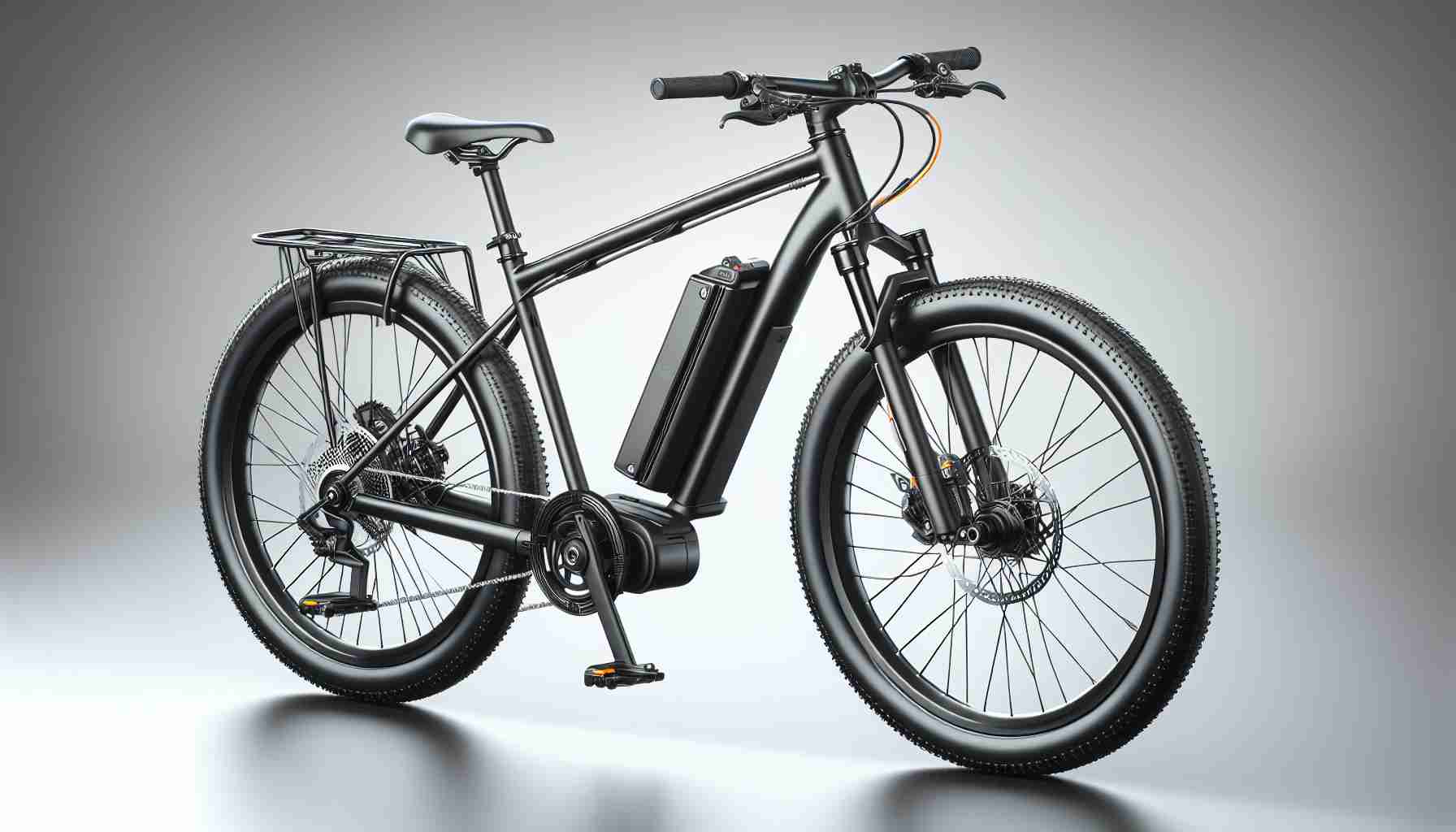The Engwe L20 is not your average e-bike. With its step-through design and robust build, it offers a unique riding experience for those seeking accessibility and durability. Despite its heavy weight of 34kg (75 lb), the L20 provides a well-balanced ride, thanks to its battery placement underneath the seat.
While the advertised range of 140km (87 miles) may be a stretch, it’s important to consider the real-world conditions of e-bike riding. Factors such as wind resistance and different road surfaces can significantly impact the range of even the best e-bikes. Additionally, riding with the highest level of pedal assist will drain the battery faster.
What sets the L20 apart is its versatility. With a front basket and rear rack, it can easily transform from a cruiser into a practical transporter. The L20 can handle a variety of cargo, and its solid build ensures that it can carry substantial weight without issues.
For those looking for an e-bike that can get the job done and provide a convenient mode of transportation, the L20 is an excellent choice. Its affordability, priced at under £1,000 / $1,200, makes it a remarkable value for what it offers.
In terms of design, the step-through aluminum frame allows for easy mounting and dismounting, catering to individuals of different heights or those with mobility limitations. The massive 20 x 4-inch tires provide excellent traction and stability, allowing riders to confidently navigate various terrains.
While the appearance of visible cables may detract from the overall aesthetic, the functionality remains unaffected. The battery placement behind the seat post is well-engineered, although it may require adjusting the seat to remove the battery.
With its powerful 250W brushless motor and Shimano 7-speed gears, the L20 offers a smooth and enjoyable riding experience. The low center of gravity enhances stability, while the front and rear disc brakes ensure reliable stopping power.
In conclusion, the Engwe L20 is a heavyweight step-through e-bike that combines accessibility, durability, and versatility. Although it may not achieve the advertised range, it provides a reliable and efficient mode of transportation for daily commutes and errands. With its affordable price point and robust build, the L20 offers excellent value for e-bike enthusiasts.
The e-bike industry has been experiencing significant growth in recent years due to the increasing demand for eco-friendly transportation options. According to a report by Grand View Research, the global e-bike market size was valued at $16.34 billion in 2020 and is expected to expand at a compound annual growth rate (CAGR) of 7.9% from 2021 to 2028. This growth can be attributed to factors such as rising environmental concerns, government initiatives to promote electric vehicles, and a shift towards healthier and more sustainable modes of transportation.
Market forecasts indicate that the demand for e-bikes will continue to rise in the coming years. E-bikes offer numerous advantages over traditional bicycles, including assisted pedaling, longer range, and the ability to tackle hilly terrains with ease. These features make e-bikes particularly appealing to commuters, urban dwellers, and individuals looking for an alternative to traditional transportation methods.
However, the e-bike industry also faces certain challenges and issues. One of the key challenges is the limited availability of charging infrastructure, especially in regions with underdeveloped electric vehicle infrastructure. This can pose a barrier for individuals considering purchasing an e-bike as they may be concerned about the availability of charging stations for longer rides.
Another issue is the lack of standardized regulations and classifications for e-bikes. Different countries and regions have varying regulations regarding e-bike speed limits, power output, and the requirement for licensing and insurance. This lack of uniformity can create confusion for consumers and hinder the growth of the e-bike market.
Furthermore, the e-bike industry is also grappling with concerns related to battery disposal and recycling. E-bike batteries contain hazardous materials, and their proper disposal is crucial to minimize environmental impacts. Manufacturers and policymakers are working towards implementing sustainable solutions for battery recycling and disposal to mitigate these concerns.
Overall, the e-bike industry is poised for continued growth in the coming years. With advancements in technology, improved infrastructure, and supportive government policies, e-bikes are expected to become an increasingly popular mode of transportation. The Engwe L20, with its unique features, affordability, and versatility, is a testament to the innovation and potential of the e-bike industry.







